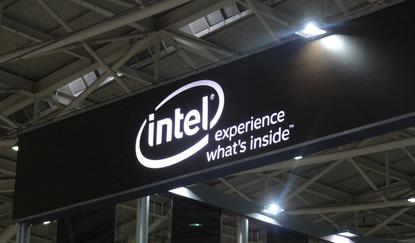EU court has Intel inside, appealing $1.4 billion antitrust fine
- 22 June, 2016 21:29

Intel is still contesting a €1.06 billion (then US$1.4 billion) antitrust fine from the European Commission, which in May 2009 found it had abused its dominant position in the market for x86 processors.
The Court of Justice of the European Union heard Intel's appeal against that fine on Tuesday.
The facts of the case date back a decade or more, but Intel, having lost its first appeal before the EU's General Court in June 2014, fought on, filing its final appeal with the CJEU in August of that year.
In its 2009 ruling the Commission, the EU's top antitrust authority, found that between October 2002 and October 2007 Intel sought to exclude its main competitor, Advanced Micro Devices (AMD) from the x86 processor market.
Then with a 70 percent share of the worldwide x86 processor market, Intel granted exclusivity rebates to four PC and server manufacturers, Dell, HP, Lenovo and NEC, the Commission found. Intel also made payments to Media-Saturn on condition that the German distributor sold PCs with only Intel processors inside, the Commission said. The rebates and payments made it harder for other chip makers to compete, reducing consumer choice, it ruled.
Having failed to convince the General Court of its innocence in its first appeal, Intel has one last chance to escape the fine: convincing the CJEU to overturn the lower court's ruling on a point of law.
In its August 2014 appeal filing it set out six grounds on which it thought the CJEU should overturn or, failing that, at least significantly reduce, the fine.
The court has had plenty of time to study the appeal, the Commission's defense, Intel's reply and the Commission's rejoinder, filed in April 2015. Tuesday's hearing was scheduled for just 55 minutes, a court spokeswoman said.
Judgement won't come so quickly, however.
First will come a report -- a kind of advisory verdict -- from Nils Wahl, one of the court's Advocates General. Wahl was previously a judge at the General Court, but did not hear Intel's initial appeal. That could take two to four months, the spokeswoman said.
After that, the judges will hand down their ruling. That typically takes three to six months from the date of the hearing, but in view of the size of the fine at issue, they may take longer to reach a decision, perhaps even until early next year, she said.
